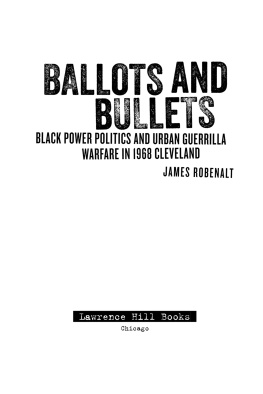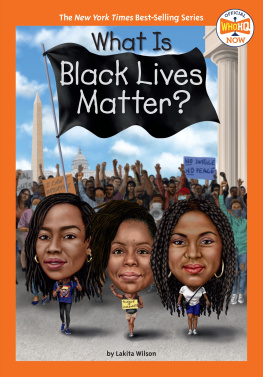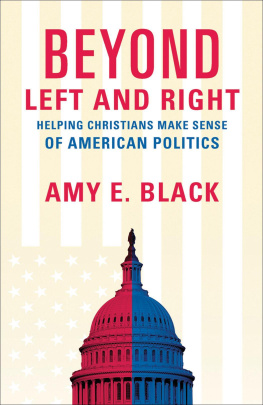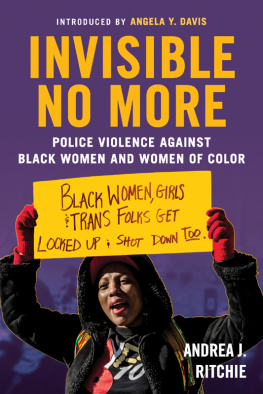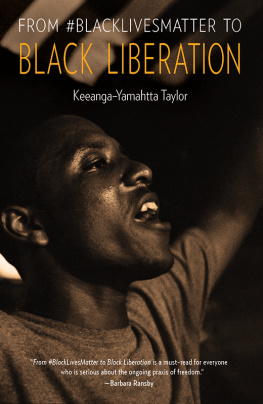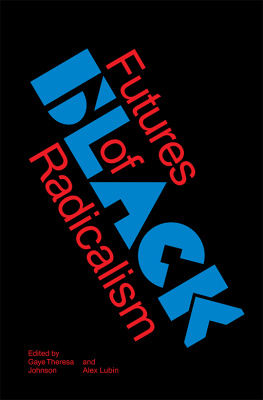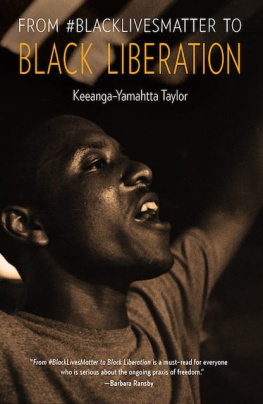Contents
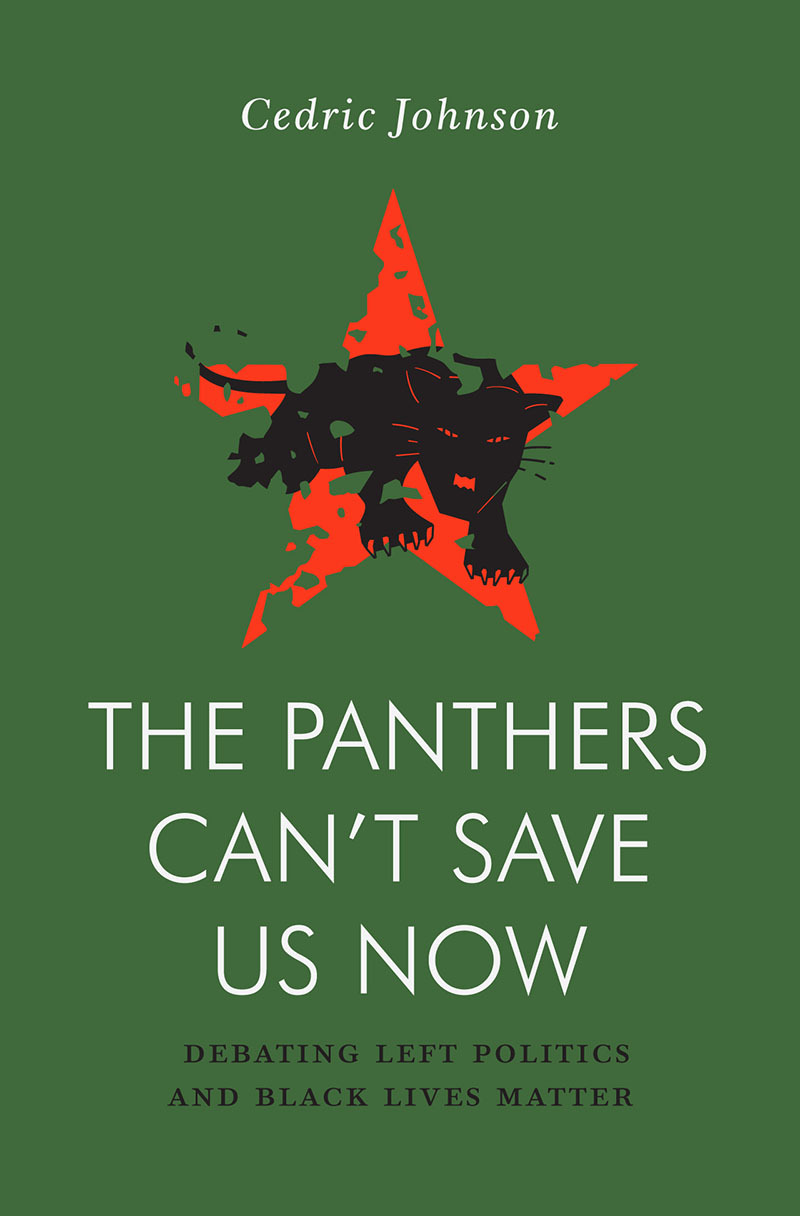
The Panthers Cant
Save Us Now

The Jacobin series features short interrogations of politics, economics, and culture from a socialist perspective, as an avenue to radical political practice. The books offer critical analysis and engagement with the history and ideas of the Left in an accessible format.
The series is a collaboration between Verso Books and Jacobin magazine, which is published quarterly in print and online at jacobinmag.com.
Other titles in this series available from Verso Books:
Four Futures by Peter Frase
Class War by Megan Erickson
Building the Commune by George Ciccariello-Maher
Peoples Republic of Walmart
by Leigh Phillips and Michal Rozworski
Red State Revolt by Eric Blanc
Capital City by Samuel Stein
Without Apology by Jenny Brown
All-American Nativism by Daniel Denvir
A Planet to Win by Kate Aronoff, Alyssa Battistoni, Daniel
Aldana Cohen, and Thea Riofrancos
Toward Freedom by Tour F. Reed
Yesterdays Man by Branko Marcetic
The Panthers Cant
Save Us Now
Debating Left Politics
and Black Lives Matter
by
CEDRIC JOHNSON

First published by Verso 2022
Collection Verso 2022
Contributions Contributors 2022
All rights reserved
The moral rights of the editor and authors have been asserted
1 3 5 7 9 10 8 6 4 2
Verso
UK: 6 Meard Street, London W1F 0EG
US: 20 Jay Street, Suite 1010, Brooklyn, NY 11201
versobooks.com
Verso is the imprint of New Left Books
ISBN-13: 978-1-83976-630-5
ISBN-13: 978-1-83976-631-2 (UK EBK)
ISBN-13: 978-1-83976-632-9 (US EBK)
British Library Cataloguing in Publication Data
A catalogue record for this book is available from the British Library
Library of Congress Control Number: 2021948553
Typeset in Fournier MT by Hewer Text UK Ltd, Edinburgh
Printed and bound by CPI Group (UK) Ltd, Croydon CR0 4YY
Contents
Preface: The Triumph of Black Lives Matter and Neoliberal Redemption
Cedric Johnson
Introduction
Vivek Chibber
1. The Panthers Cant Save Us Now: Anti-policing Struggles and the Limits of Black Power
Cedric Johnson
2. Black Political Life and the Blue Lives Matter Presidency
Cedric Johnson
3. Only a Class Politics Can Save Us from Police Violence and Fascism: Lessons from Rosa Luxemburg and Cedric Johnson
Jay Arena
4. In Defense of Black Sentiment: A Comment on Cedric Johnsons Essay Re: Black Power Nostalgia
Mia White
5. Black Exceptionalism and the Militant Capitulation to Economic Inequality
Tour Reed
6. Cedric Johnson and the Other Sixties Nostalgia
Kim Moody
7. What Black Life Actually Looks Like
Cedric Johnson
The Triumph of Black Lives Matter
and Neoliberal Redemption
Draped in Ghanaian kente cloth, a fabric popularized by Afrocentric nationalists during the late 1980s, a dozen or so congressional Democrats knelt in a moment of silence before unveiling their Justice in Policing legislation. It was June 8, 2020, exactly two weeks after George Floyd was killed by Minneapolis police, and in the midst of an unprecedented wave of protests that had already swept more than 500 US towns and cities in all fifty states, along with scores of demonstrations of solidarity globally. Led by Karen Bass, Congressional Black Caucus chair, and House Speaker Nancy Pelosi, the congress members embraced the language and tone of Black Lives Matter protests, with some lecturing on the original sin of slavery, and South Carolina congressman James Clyburn adding that Floyds death was just a continuation of a long and unbroken history of American racism. Even senators Kamala Harris and Cory Booker, former presidential hopefuls, traded in their previous roles as tough-on-crime enforcers and adopted the histrionic rhetoric of popular anti-racism. This was perhaps the perfect valence to mount the center-right Democratic renewal, especially after a botched campaign to impeach Donald Trump, and the social democratic left challenge of Bernie Sanderss second bid for the partys nomination. That moment was a triumph for Black Lives Matter activists, but it was already clear that once the plumes of tear gas dissipated and compassion fatigue set in, the real beneficiaries would be the neoliberal Democrats and the capitalist blocs they serve. Indeed, nearly all of the Democratic leadership who took a knee against racist policing have openly opposed Medicare for All, free higher education, and the expansion of other public goods. Their technical reforms to reduce excessive force incidents and prosecute police for misconduct are the perfect way of displaying commitment to racial justice, while perpetuating the very pro-market logics and class relations that broken windows policing and mass incarceration were invented to protect.
Adolph Reed Jr.s How Racial Disparity Does Not Help Make Sense of Patterns of Police Violence should be read again and often during this moment of resurgent Black Lives Matter sentiment, precisely because he so clearly names the limitations of anti-racism as a way of thinking about the problems of carceral power, and cautions against any left-progressive politics that separates racism from historical processes and political economy. As Reed notes, antiracism is not a different sort of egalitarian alternative to a class politics but is a class politics itself. Furthermore, anti-racist politics is essentially the left wing of neoliberalism in that its sole metric of social justice is opposition to disparity in the distribution of goods and bads in the society, an ideal that naturalizes the outcomes of capitalist market forces so long as they are equitable along racial (and other identitarian) lines. Of course, I can already hear some friends of mine, academic colleagues and activists alike, who will grumble and cry foul, quickly asserting the presence of this or that tendency that embodies the true radical spirit of Black Lives Matter. Others will likely point to the scale of recent protests as evidence of a new moment, a turning point that will yield massive substantive reforms. Like the Occupy Wall Street protests before, however, Black Lives Matter is more of a sentiment than a fully formed political force. Lets not forget that it was born as a hashtag, and while it has provided a powerful banner for longer-standing organizations and legislative campaigns working to reverse the social toll of carceral expansion, the liberal character of the hashtag should be more apparent now than ever.
During summer 2020, we all witnessed the readiness with which different class layers embraced the slogan. Some activists seized upon the images of mass protests as evidence of a gathering political will, but the amorphous nature of Black Lives Matter, which Reed rightly compared to the Black Power slogan from decades earlier, and the facile expressions of unity in endless memes and viral videos of police-civilian line dances conceal substantive political differences among protestors and within broader US publics. While a slim majority of Americans now believe police are more likely to use excessive force against blacks than other groups, millions more do not share the most militant calls to defund or dismantle police departments voiced by some activists. Most Americans are upset by police killings, but they also want more effective policing. In recent years, satisfaction with policing has strengthened among all ethnic and racial groups, including African Americans (from 50 percent at least somewhat satisfied in 2015 to 72 percent in 2020).


